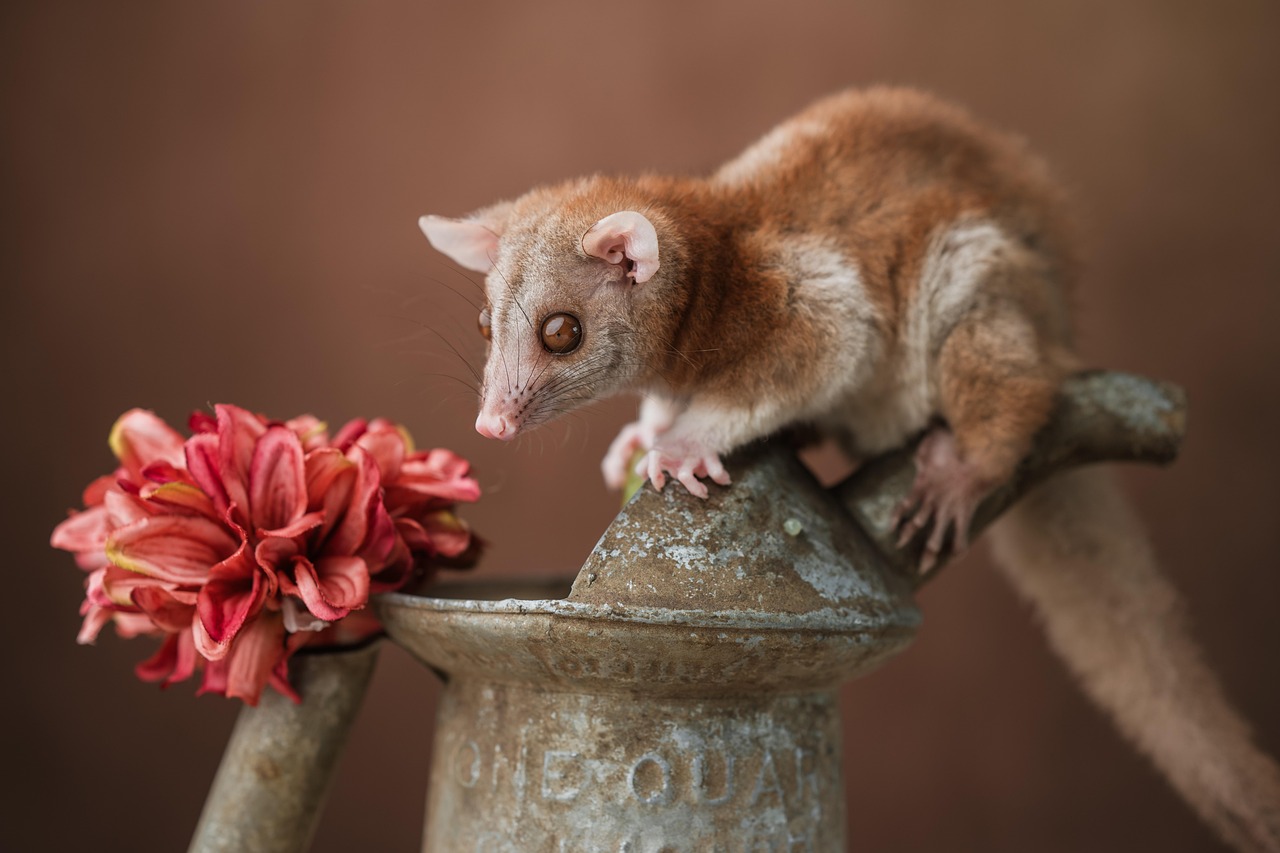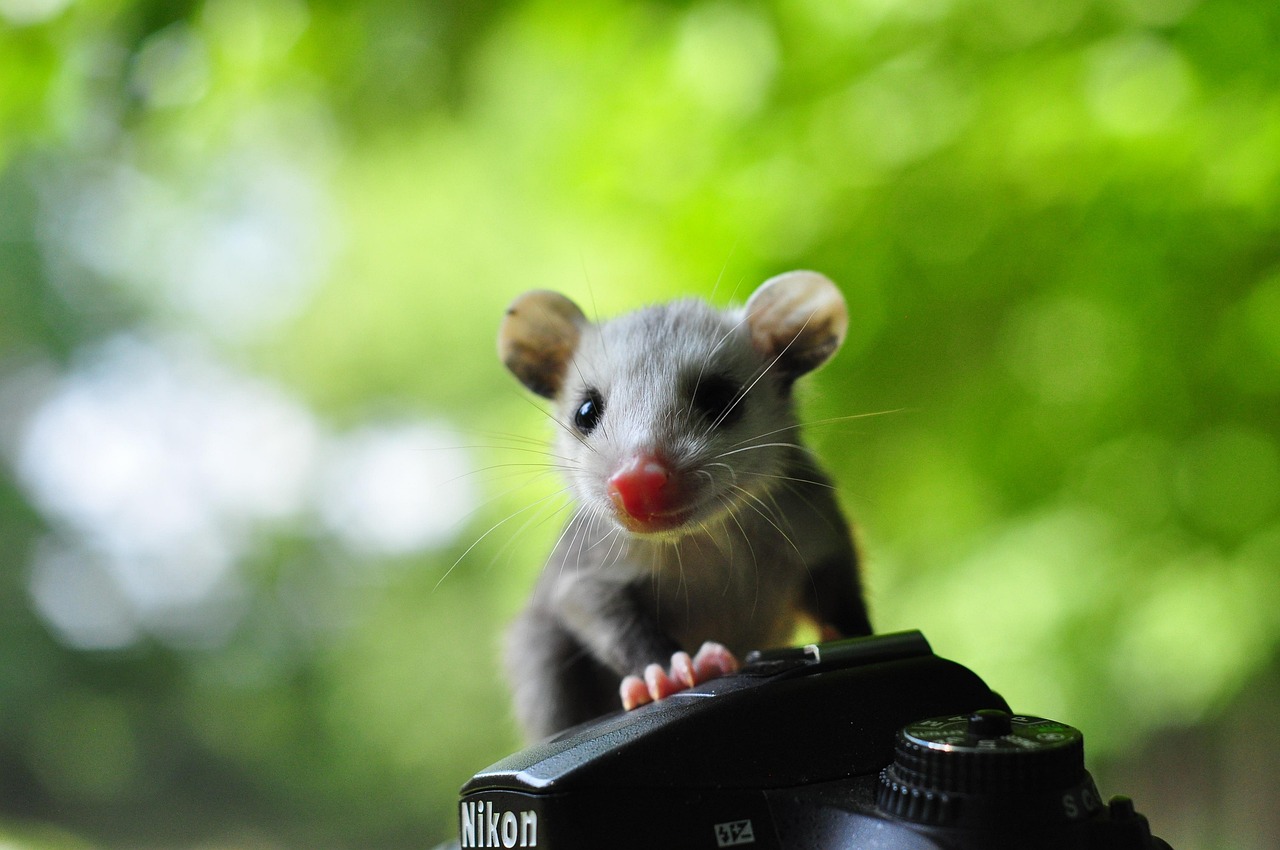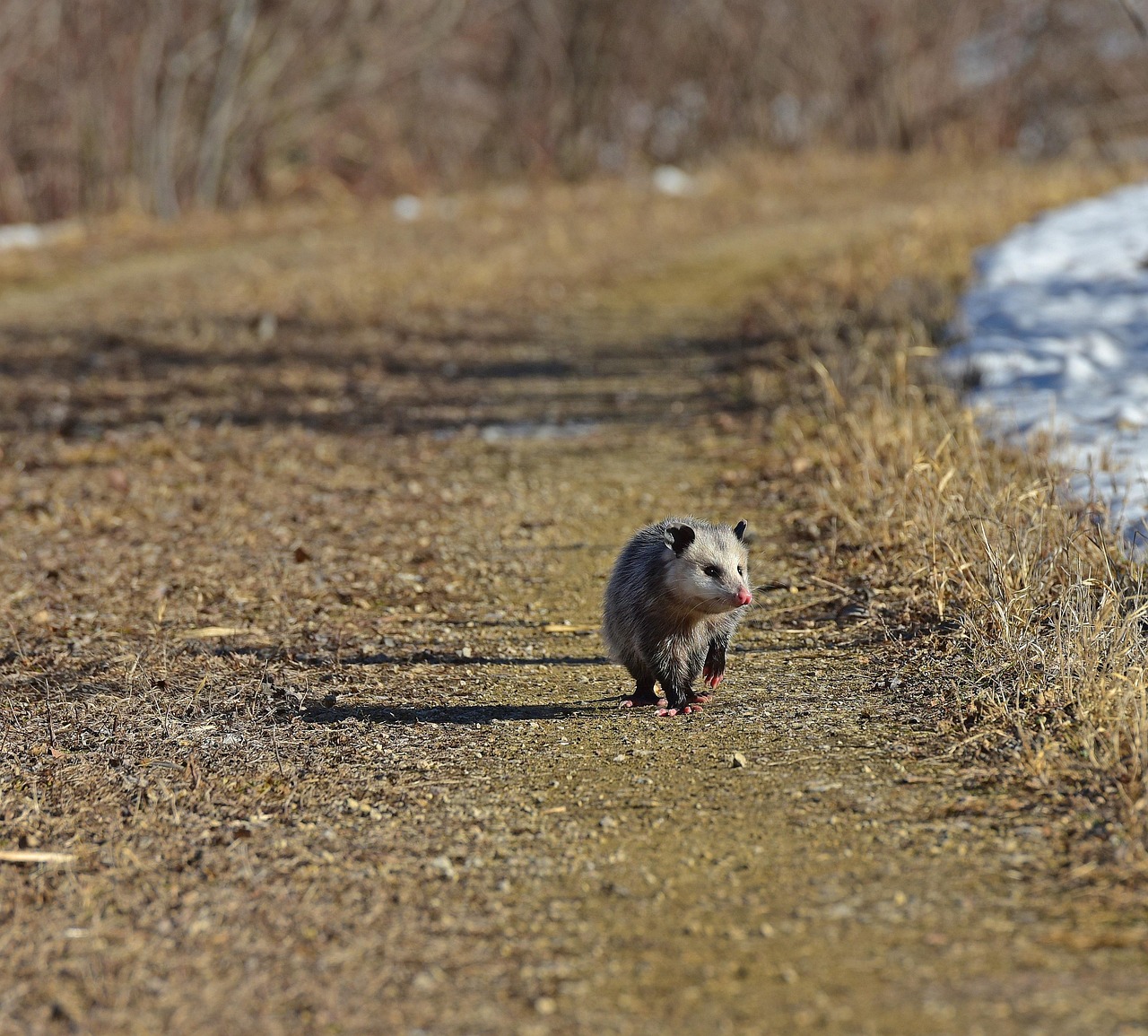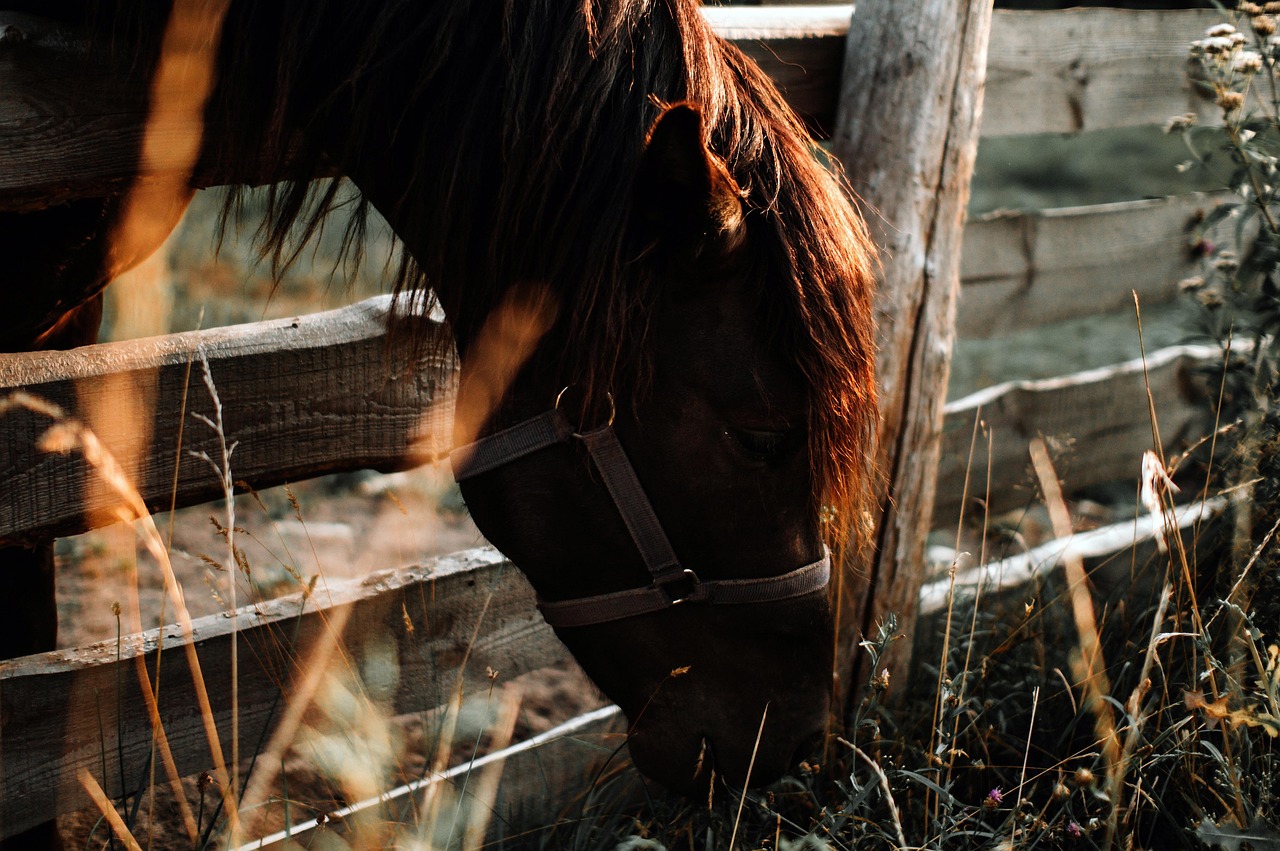Opossums are opportunistic omnivores, consuming a varied diet that includes fruits, vegetables, insects, small animals, and carrion. Their presence in gardens can be beneficial as they help control pests and keep the ecosystem balanced.
Opossums, often misunderstood creatures, play a crucial role in our ecosystems. These marsupials are native to North America and are known for their unique ability to adapt to various environments. They are nocturnal animals, primarily active at night, which is when they forage for food. Their diet is diverse, making them beneficial for gardens and natural habitats alike.

Understanding the dietary habits of opossums can help gardeners appreciate their presence. Unlike many other animals, opossums are not picky eaters. They consume whatever is available, which often includes unwanted pests in your garden. In this way, they contribute to pest control without the need for harmful chemicals.
Dietary Habits of Opossums
The diet of opossums consists of a wide range of food items. They are known to eat:
- Fruits: Apples, berries, grapes, and pears.
- Vegetables: Corn, carrots, and leafy greens.
- Insects: Beetles, crickets, and caterpillars.
- Small animals: Rodents, birds, and amphibians.
- Carrion: Dead animals, which helps clean up the environment.
This omnivorous diet allows opossums to thrive in various habitats. They are often found in urban areas where food is plentiful due to human activity. This adaptability makes them a common sight in gardens and parks.

In addition to their varied diet, opossums have several unique feeding behaviors. They tend to scavenge and forage rather than hunt actively. This means they often consume food that is already dead or dying. This scavenging behavior also helps control the population of pests and diseases in the garden.
Benefits of Opossums in Your Garden
Having opossums around your garden can provide multiple benefits. Some of these include:
- Pest Control: Opossums eat insects and small rodents that can damage plants.
- Cleaning Up: They consume carrion, reducing the chances of disease spread.
- Soil Aeration: As they dig for food, they help aerate the soil, improving its health.
- Seed Dispersal: Opossums help with seed dispersal through their droppings, promoting plant growth.
Research has shown that opossums can eat thousands of ticks in a single season. This natural tick control can significantly reduce tick populations in your garden and surrounding areas. By keeping these pests in check, opossums help lower the risk of tick-borne diseases that can affect pets and humans.

Despite their beneficial role, many people fear opossums due to their appearance and behaviors. However, opossums are generally non-aggressive and prefer to flee from threats rather than confront them. When cornered, they may play dead as a defense mechanism. This behavior is often mistaken for aggression but is simply a survival tactic.
Interesting Facts About Opossums
Here are some intriguing facts about opossums that highlight their unique characteristics:
| Fact | Description |
|---|---|
| Nocturnal | Opossums are primarily active at night. |
| Low Body Temperature | Their body temperature is lower than most mammals, making them less susceptible to rabies. |
| Play Dead | They can play dead for several hours when threatened. |
| Prehensile Tail | Their tail is used for balance and grasping branches while climbing. |
Understanding these facts can help dispel myths about opossums and encourage a more positive view of these creatures. By recognizing their importance in maintaining ecological balance, gardeners can better appreciate the role opossums play in their gardens and beyond.

How Opossums Contribute to Garden Health
Opossums are beneficial to garden health in several ways. Their natural behaviors and diets help maintain a balanced ecosystem, which can lead to healthier plants and reduced pest populations. Understanding how opossums contribute positively can encourage gardeners to embrace their presence.
Natural Pest Control
One of the most significant benefits of having opossums in gardens is their ability to control pests. Opossums consume a variety of insects and small animals that can harm plants. Some of the common pests they eat include:
- Slugs and snails
- Beetles, including Japanese beetles
- Caterpillars and other larvae
- Rodents such as mice and young rats
This natural pest control reduces the need for chemical pesticides, leading to a healthier garden environment. By keeping pest populations in check, opossums help minimize damage to flowers, vegetables, and other plants.
Role in Soil Health
Opossums also play a role in promoting soil health. As they forage for food, they dig into the soil, which helps aerate it. Aerated soil allows for better water infiltration and root growth. Healthy soil is crucial for robust plant development. Here are some ways opossums contribute to soil health:
- Improving soil structure by creating channels for air and water.
- Enhancing nutrient cycling through their droppings, which act as natural fertilizer.
- Encouraging beneficial organisms like earthworms, which thrive in well-aerated soil.
These small contributions can have a substantial impact on overall garden productivity and plant health.
The Relationship Between Opossums and Other Wildlife
Opossums have a unique relationship with other wildlife species. They often coexist peacefully with various animals, contributing to a balanced ecosystem. This coexistence can lead to benefits for your garden as well.
Coexisting with Native Species
Opossums are known to be non-aggressive creatures that tend to avoid confrontation. This behavior allows them to share habitats with other wildlife without causing disturbances. Some native species that benefit from this relationship include:
- Birds that feed on insects stirred up by opossums.
- Smaller mammals that also rely on insects for food.
- Predatory birds that may prey on pests disturbed by opossum activity.
This interaction among species helps create a balanced environment where many organisms can thrive. A diverse ecosystem often leads to healthier plants and fewer pests.
Impact on Insect Populations
The presence of opossums in gardens can significantly impact insect populations. They are voracious eaters of insects, which helps keep their numbers down. This natural predation can prevent outbreaks of pest species that might otherwise harm plants. Opossums are particularly effective at controlling:
- Ticks, which are a concern due to their association with Lyme disease.
- Fleas and other parasites that affect pets.
- Various crop-damaging insects that can threaten agricultural yields.
The reduction of these insect populations not only benefits the plants but also supports the health of pets and humans in the vicinity.
The Importance of Habitat Preservation
To enjoy the benefits of opossums in your garden, it’s essential to create an environment where they can thrive. Habitat preservation plays a key role in supporting their populations. Here are some steps you can take:
- Provide shelter: Leave brush piles or create small dens where opossums can nest safely.
- Avoid chemical pesticides: These can be harmful to opossums and disrupt the food chain.
- Plant native vegetation: Native plants attract a variety of insects, providing food for opossums.
- Create water sources: Shallow dishes or ponds can offer hydration for wildlife.
By taking these steps, you not only support opossums but also enhance the overall health of your garden ecosystem. A biodiverse environment is key to sustainable gardening practices and promotes resilience against pests and diseases.
Understanding Opossum Behavior
To appreciate the role of opossums in your garden, it’s essential to understand their behavior and habits. Opossums exhibit unique traits that influence their interactions with the environment and other wildlife.
Nocturnal Activity
Opossums are primarily nocturnal, which means they are most active during the night. This behavior allows them to forage for food while avoiding many daytime predators. Their night-time activity can be beneficial for gardens, as they help control pests when other animals may not be present. Key aspects of their nocturnal behavior include:
- Foraging for food in gardens and yards.
- Helping to keep insect populations down during the night.
- Minimizing competition with daytime feeders like birds.
By understanding their active hours, gardeners can better appreciate the role opossums play in maintaining a balanced ecosystem while minimizing potential disturbances.
Defensive Behaviors
Opossums have developed several defensive mechanisms to survive in the wild. These behaviors help them avoid dangerous encounters with predators and humans. Some key defensive behaviors include:
- Playing Dead: Opossums can mimic the appearance of a dead animal, which can deter predators. This behavior can last for several hours.
- Hissing and Growling: When threatened, opossums may hiss or growl to warn potential attackers.
- Fleeing: If possible, opossums will choose to escape rather than confront a threat.
These behaviors not only help opossums avoid danger but also contribute to their overall survival in various environments.
Dietary Restrictions and Preferences
While opossums are omnivorous and eat a wide variety of foods, they do have certain dietary restrictions and preferences that can impact their foraging habits. Understanding these can help gardeners attract opossums while ensuring their health.
Preferred Foods
Opossums tend to favor specific types of food based on availability and nutritional value. Some of their preferred food sources include:
- Fruits: Apples, berries, and grapes are particularly attractive to opossums.
- Vegetables: Corn and leafy greens often draw them into gardens.
- Insects: Opossums enjoy a range of insects, including beetles and crickets.
Gardens that offer a mix of these food sources can create an inviting environment for opossums while benefiting from their natural pest control abilities.
Avoiding Harmful Foods
Certain foods can be harmful to opossums, and it is essential to avoid leaving these out in gardens or feeding them intentionally. Some foods to avoid include:
- Processed Foods: Foods high in sugar or salt can be detrimental to their health.
- Citrus Fruits: While some fruits are beneficial, citrus can upset their stomachs.
- Onions and Garlic: These can be toxic to many animals, including opossums.
By being mindful of what is available in the garden, you can ensure a safe and healthy diet for the local opossum population while fostering a harmonious environment.
The Role of Opossums in Disease Control
Opossums contribute significantly to disease control in ecosystems. Their unique biology and feeding habits involve interactions that help manage disease-carrying pests effectively.
Ticks and Lyme Disease
One of the most notable impacts of opossums is their ability to reduce tick populations. Research indicates that a single opossum can consume over 5,000 ticks in a season. This natural tick control plays a crucial role in lowering the risk of Lyme disease transmission. Here’s how they help:
- By eating ticks, they prevent these pests from reproducing in large numbers.
- Their lower body temperature makes them less susceptible to diseases carried by ticks, allowing them to continue consuming them safely.
This aspect of opossum behavior underscores their importance not only for gardens but also for public health as they help mitigate the spread of tick-borne illnesses.
Cleansing the Environment
Opossums also play a vital role in cleansing the environment by consuming carrion (dead animals). This scavenging behavior helps reduce the presence of decaying matter, which can harbor diseases. Their scavenging activities contribute to:
- Reducing Odors: By consuming dead animals quickly, they minimize unpleasant smells.
- Disease Prevention: By removing carcasses, they reduce the likelihood of disease outbreaks in local wildlife populations.
The cleansing effect that opossums have on their environment highlights their integral role in maintaining ecosystem health and stability.
Opossums and Their Role in Biodiversity
Opossums are essential contributors to biodiversity. Their foraging habits not only help control pest populations but also support the overall health of various ecosystems. By consuming a diverse diet, they play a role in the food web, making them a critical component of ecological balance.
Supporting Plant Growth
In addition to pest control and disease mitigation, opossums indirectly support plant growth. Their droppings serve as natural fertilizers, enriching the soil with nutrients. This process enhances soil fertility, promoting healthier plants. Key benefits include:
- Nutrient Enrichment: Opossum droppings are rich in nitrogen and other essential nutrients that encourage plant growth.
- Soil Structure Improvement: As they dig and burrow, opossums aerate the soil, allowing for better water penetration and root development.
By fostering a healthier soil environment, opossums contribute to more robust and resilient plants in gardens and natural settings.
Enhancing Garden Resilience
The presence of opossums can enhance the resilience of gardens against invasive species and pests. Their ability to consume a wide range of creatures means they help keep pest populations diversified and less likely to explode unchecked. This balance is crucial for:
- Preventing Invasive Species: By controlling the population of common pests, opossums help protect native plant species from invasive threats.
- Maintaining Ecological Balance: Their varied diet means they help maintain a balanced ecosystem where no single species dominates.
Encouraging opossum presence can lead to healthier gardens that can withstand environmental changes and pest outbreaks more effectively.
Community Awareness and Education
To fully appreciate the benefits of opossums, community awareness is essential. Many misconceptions exist about these creatures, often leading to fear or misunderstanding. Education can play a crucial role in changing perceptions and fostering coexistence.
Promoting Positive Perceptions
Community initiatives can help promote positive perceptions of opossums. Some effective strategies include:
- Educational Workshops: Hosting workshops to educate people about opossum behaviors, benefits, and ecological roles can dispel myths.
- Community Cleanup Events: Organizing events to clean up local parks and gardens can emphasize the importance of healthy habitats for all wildlife.
- Informational Materials: Distributing brochures or flyers that explain the benefits of having opossums in urban and suburban environments can enhance understanding.
By fostering a sense of community around wildlife conservation, people can learn to appreciate the role of opossums in maintaining healthy ecosystems.
Final Thoughts
Opossums are often overlooked, yet they play an invaluable role in gardens and ecosystems. Their omnivorous diet contributes to natural pest control, while their scavenging habits help cleanse the environment of decaying matter. By understanding their behaviors and appreciating their contributions, gardeners can create more welcoming spaces for these beneficial creatures.
Encouraging opossums in your garden not only supports biodiversity but also enhances the health of your plants and soil. By fostering an environment that allows them to thrive, you promote a sustainable ecosystem that benefits all living organisms. Through education and community awareness, we can shift perceptions about opossums from fear to appreciation, recognizing them as vital allies in maintaining garden health and ecological balance.
In summary, embracing opossums in our gardens is a step toward creating healthier environments where nature can flourish. Their unique characteristics and behaviors remind us of the interconnectedness of all living things, emphasizing the importance of every species in our ecosystems.
